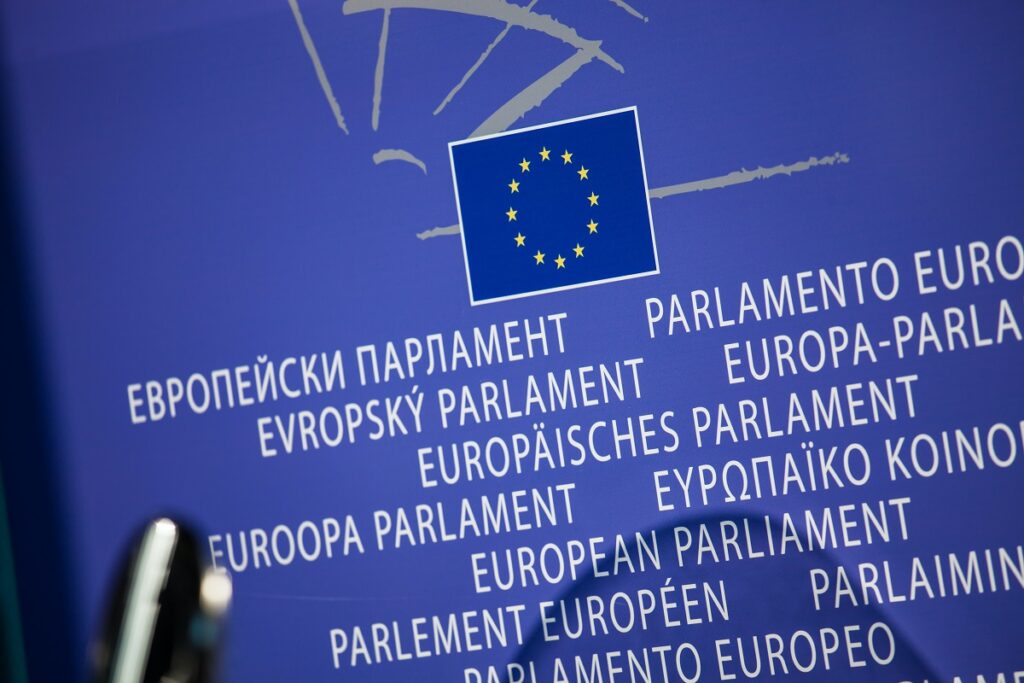A simple and useful guide about how the European Union Institutions work, their set-up and their location. This is the 2nd article of a series written by Citizens of Europe editorial staff.
What is The European Parliament?
The European Parliament in one of the main important EU Instituions and it is the only one that represents directly the citizens of EU countries because it is directly elected by them since 1979.
The EU Parliament takes decisions on European laws jointly with the Council of the European Union. It holds the legislative power, and one of its main decision-making power is to approve the EU budget.
The Origin
The European Parliament was launched on 1958 by the Treaty of Rome (that was signed in 1957) and it was voted diretly by European citizens in 1979 for the first time. Infact, earlier than that date, the European Parliament members were designed by national parliaments of the EU memeber states.
Nowadays the Parliament is the only institution to be elected directly by the citizens. The seat of EU Parliament is in Strasbourg, but most of the functions are carried out by the committees in Brussels, while the secretary general has office in Luxembourg.
Parties
The election of the European Parliament takes place every 5 years by direct universal suffrage. The European political parties were introduced by the Maastricht Treaty in 1992.
The EU Parties are basically federations of national parties united by shared ideas or positions.

Role and Power
Jointly with the Council of the European Union (made up of the Ministers of the EU member states), the Parliament holds the legislative power of the European Union, and its main responsability is to be in charge for passing regulations, directives and other kind of legislative acts.
But unlike the national parliaments, it does not have the legislative initiative, which lies with the European Commission.
The standard legislative procedure is that the legislative proposal is presented by the Commission, after that both the Parliament and the Council of the European Union have to accepted or propose changes in the form of amendments.
Other tasks include:
- Ensure the approval of the annual budget of the European Union, tha it is proposed by the Commission. This power is also shared with the Council of the Union, but the Parliament has the final say.
- It also has the power to approve or reject the European Commission composition.
- Moreover, the Parliament can vote on motions of censure against the Commission, which, if approved, lead to Commision resignation.

